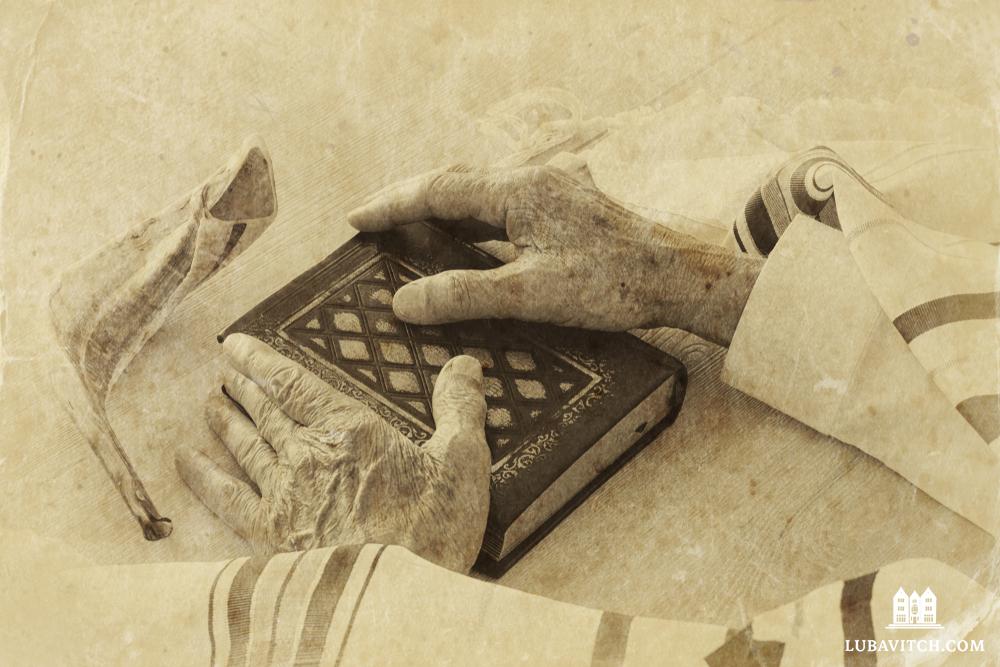When the people saw that Moses was so long in coming down from the mountain, the people gathered against Aaron and said to him, “Come, make us a god who shall go before us, for that fellow Moses—the man who brought us from the land of Egypt—we do not know what has happened to him.” Exodus 32:1
This astonishing moment in our history came days after G-d revealed himself directly to the people for the first time. Following the revelation, Moses had left the valley encampment, declaring that he would climb the mountain to speak with G-d and return after forty days. But when the fortieth day came and Moses still had not returned, the people panicked.
At first glance, what’s most striking (and most discussed) about their decision to form an idol is the astonishing failure of faith. But if we look past that for a moment, we’ll find another curiosity: the people’s logic for making an idol. “For that fellow Moses . . . we do not know what has happened to him.”
We can imagine their frustration, their feelings of abandonment: “What now? What will become of us? We must do something!” The discomfort of not knowing is too much for them to stand. They decide that they would rather create false truths than embrace that uncertainty—a colossal failure that would reverberate through the ages.
This magazine goes to print in the month of Elul, the time between the waning of the past year and the dawn of a new one. Like the period between Moses’s ascent to the mountain and his return, this transitional period can feel unnerving. Like the Jews who wondered whether Moses would really return, we might wonder whether the new year will actually deliver its promised changes. Will the new year bring us a reprieve from the tribulations of the last? We hope, we pray, and we wait. We don’t know.
In a world that seems to be spinning out of control, uncertainty has, ironically, become familiar. Few, if any, of us have been shielded from the violence, disease, and economic decline that have marked the last several years. Hundreds of thousands of people have become refugees—uprooted, stranded, living in transition—their lives now the very definition of uncertainty.
We discover that, hiding in those ambiguous places, are possibilities for new, creative activity.
In this issue we look at the many forms uncertainty has taken. We see how American college campuses have come to fear complexity, embracing a distinctly modern form of intolerance instead: cancel culture. And we see how campus Chabads are working to repair that damage. As a point of contrast, we read about teshuvah’s approach to navigating moral complexity, and we learn how it encourages us to resist our natural fear of uncertainty.
We also hear from Chabad representatives and their communities in Ukraine and elsewhere who stand betwixt and between, not knowing when things will stabilize. And in our Talmud Teasers feature, we look at how the sages turned hazy situations into a field for creative interpretation.
Across all of these pieces, we will see that confronting challenges strengthens our resistance to failure. That every time we embrace uncertainty, we become less fearful of standing in those in-between spaces. And so, as we consider the transitional days of Elul—daunting as they are—we discover how this period’s uncertainty can also become enlivening. We discover that, hiding in those ambiguous places, are possibilities for new, creative activity.
May all our uncertainties lead us to better and happier places, and may 5783 fill our lives with goodness and sweetness.
כתיבה וחתימה טובה!
This article appeared in the Fall 2022 issue of the Lubavitch International magazine. To download the full magazine and to gain access to previous issues please click here.

Be the first to write a comment.